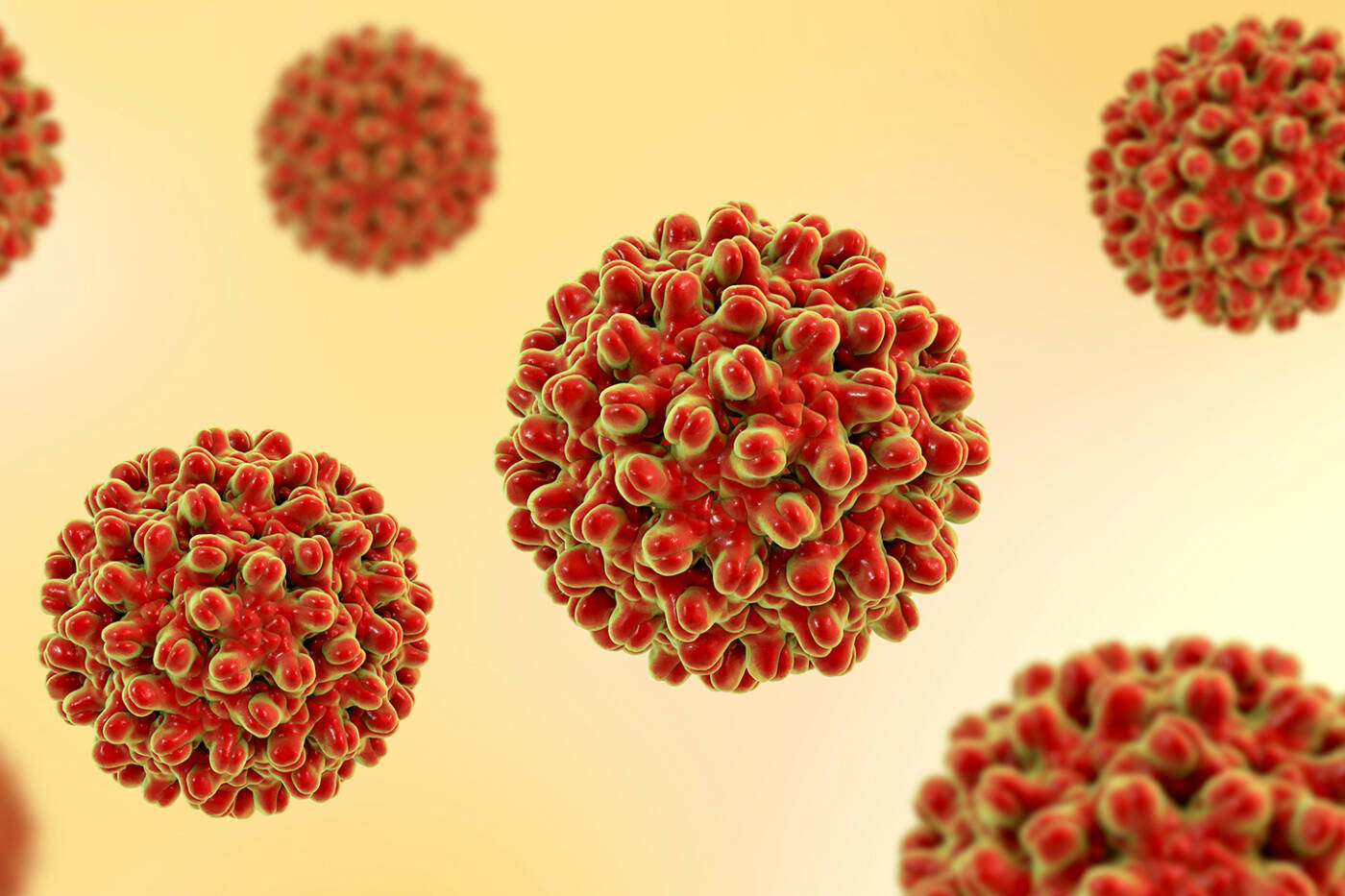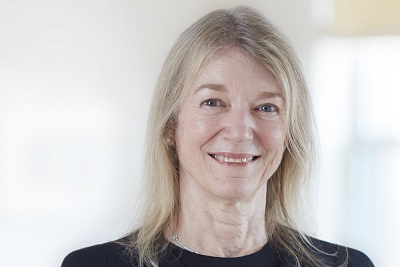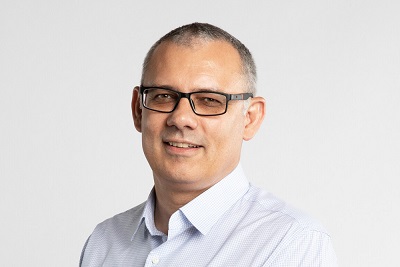Weiss Café thinks green
New china and biodegradable containers help café patrons lessen their impact on the environment
by TALLEY HENNING BROWN
There’s about to be a slew of new choices in Weiss Café — not in the food itself, but in how it’s served. Restaurant Associates, which runs the university’s food service operations, is implementing plans originally promoted by the Green Task Force to add reusable china and recyclable, biodegradable products in an effort to reduce the amount of disposable plastic, cardboard and polystyrene used — and trashed — on campus. Larry Harris, Rockefeller’s food services director and one of the authors of the plan, says the new eco-friendly products will save $14,000 to $16,000 in Rockefeller’s food services budget, and reduce the tonnage of refuse produced in the café by as much as 40 percent.
Mr. Harris, who previously worked at Harvard Business School where he led a similar initiative, developed the plan in conjunction with Virginia Huffman, vice president of human resources, President Paul Nurse, and Mary Raffloer and Roland Volcy, manager and assistant manager of custodial services. Clark Wolf, a restaurant consultant hired by Rockefeller, collaborated in the recommendations.
Café-goers may have noticed an early initiative, implemented in April: The old napkin dispensers have been replaced with ones designed to dispense only one napkin at a time. Beginning June 1, a full selection of china became available, including a nine-inch ceramic plate, a ceramic bowl, plastic tumblers in two sizes, a ceramic coffee mug and stainless steel utensils.
Next, the café will introduce biodegradable products, including clamshell containers for cold and room-temperature foods in two sizes from Greenwave and Natureworks. Cold-drink cups and lids from Fabrikal will be available in two sizes. Greenwave makes its containers from tasteless, renewable natural fibers including sugarcane plasma, grass plasma and reed plasma. Natureworks and Fabrikal both employ polylactic acid resin, a substance derived from corn starches.
The biodegradables cost, on average, 25 percent more than the current disposables, but the real cost of their addition will be determined by how many people use them. Because the materials used to make the eco-friendly alternatives are less stable than other plastics and polyfoams, their use has limitations. They cannot hold anything over 110 degrees Fahrenheit, which rules out cooked meat (at least 160 degrees), soups (at least 180 degrees) and coffee (ideally 195 degrees).
The café’s dishwashers, out of use since the café last used china, have been upgraded to meet higher efficiency standards to mitigate the amount of water and power required for daily dish runs, according to Alex Kogan, associate vice president for physical facilities and housing.
Other initiatives to green the café are also in the planning stages. Food Services is participating in an effort to establish recycling stations at 83 locations across campus. Plant Operations is awaiting the arrival of ordered receptacles, color coded for paper, glass and plastic, and is drafting recycling policies for the entire Rockefeller community. New, recyclable condiment tubs with pumps will soon replace the individual packets of ketchup, mustard and mayonnaise in the café. Food Services, like the rest of the campus, is also replacing its old store of neurotoxic, petrochemical-based cleaning products with environmentally preferable products from Ecolab. Mr. Harris is considering ways to further reduce the university’s carbon footprint, including installing a water dispensing system across campus to reduce reliance on bottled water; donating unused food to hunger charities like City Harvest and the American Red Cross; and composting.
The success of the new initiatives will depend, at least in part, on campus participation. Weiss Café serves about 300 people during the breakfast hours and 800 to 900 for lunch (of those, about 500 actually sit in the café to eat); ultimately it’s up to those patrons to be sensitive to their impact and to take only what they need. To help encourage participation, the café has also begun an awareness campaign about the new initiatives. “I have really been gratified that so many people stopped to discuss the issues with us and ask questions when we first started talking about plans in April,” says Mr. Harris. He is aiming for a usage ratio of 60 percent biodegradables and china to 40 percent nonrecyclable disposables.


